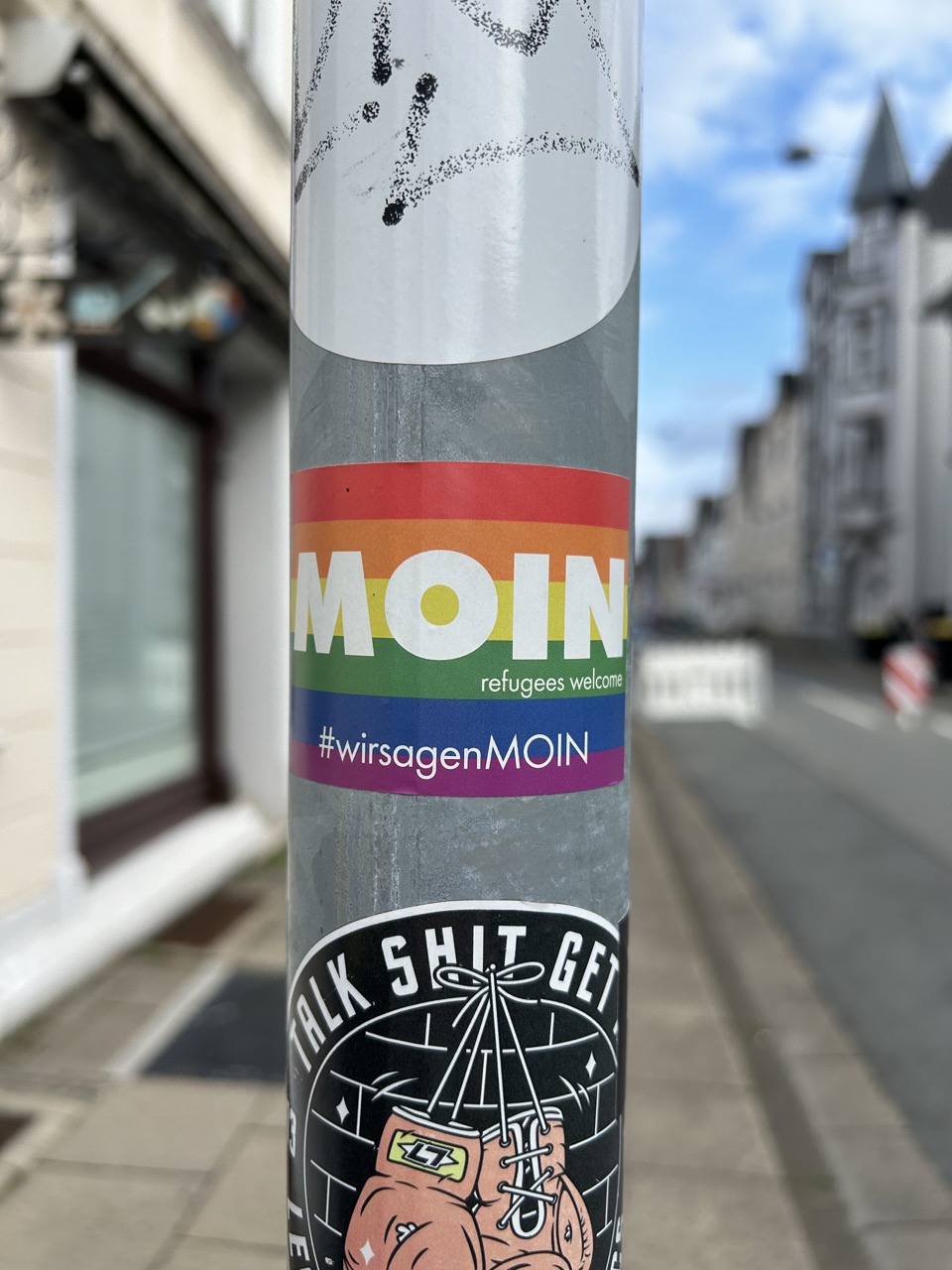LGBTQ+ Spaces In Germany
When you are making arrangements to travel abroad, whether you are studying in a foreign country or making it your permanent home for the time being, it is no secret that there are a lot of different things you must consider. Are you trying to establish residency there? If so, what does it take to receive a residency permit? If your goal is to be granted citizenship, then what does that process look like? Are you open to new experiences? Can you effectively deal with culture shock, tasting new cuisine, learning a new language, and generally being a fish out of water?
Unfortunately, if you are traveling as a queer person, there are even more questions you have to ask yourself. Safety is the top priority while traveling, and although there are plenty of safe spaces for queer individuals to inhabit abroad, it is important to conduct thorough research prior to booking a flight. In the country you plan to visit, or potentially even live, are LGBTQ+ rights protected by law? Are there bars, clubs, organizations, or other “third places” that provide established safe spaces for queer people? On the other hand, are there any social or political groups that might wish to see your rights limited, or you, as a member of LGBTQ+ community, harmed?
As a queer American living abroad in Germany, I luckily have not had much difficulty in seeking out areas in my city, Bielefeld, that are designated safe spaces for queer individuals. Additionally, queer rights have a great deal of legal protections in Germany, and queer relationships and expression have been generally culturally tolerated in this country for several decades. According to my research, the legal recognition of queer partnerships was established in 2001, and a legal safeguard of gay marriage and adoption was instated by the Bundestag, or the German federal parliament, in October of 2017. Discrimination in hiring based on sexual orientation and gender identity is banned nationwide, and transgender individuals have had the right to alter their legal gender since the year 1980. Germany, therefore, is considered to be one of the safest countries for queer people to exist, and further, to thrive.
Even though Germany has passed a fair amount of legislation protecting LGBTQ+ rights, there are several socio-political organizations that aim to see those rights severely restricted, or abolished entirely. The political party Alternativ für Deutschland is one of the largest, and certainly the loudest, organized proponents of extreme far-right ideology. The AfD manifesto claims that not every human being is born equal, that the nuclear family (with two heterosexual, cisgender parents) is the ideal family structure. It states clearly that the AfD wishes to ban sexual education, as well as any lessons pertaining to basic gender theory, in all schools.
The rise in popularity of AfD within the last decade worries queer and cishet citizens alike about a resurgence of Neo-Nazism. Queer individuals especially are concerned that their community stands to lose protection of basic human rights, and many believe that collective cultural toleration of queer existence and expression actively decreases as AfD is continually legitimized in the Bundestag. Not to mention, AfD won an election earlier this month in the eastern state of Thuringia, making it the most influential political party in the state, and the first right-wing party to win an election since 1945.
In spite of this disheartening news, queer individuals across Germany have banded together to ensure that safe spaces for LGBTQ+ members are maintained and accessible. For example, in the city of Bielefeld, there are a variety of queer bars and clubs that exist as designated safe spaces for queer folk. Mutti’s Bierstube, Forum Bielefeld, Potemkin and GegenÜber all openly classify themselves as explicitly anti-fascist and welcome to everyone regardless of sexual orientation or gender identity.
For those interested in club athletics, there are a few organizations, such as Warminia Bielefeld, that offer a multitude of co-ed, discrimination-free sports leagues. Their focus is always on promoting a stress-free, social environment for queer folks or allies who are interested in meeting new people and competing in a sport, or even learning how to play a new one.
Throughout the rest of Germany, there are many cities whose history is inexplicably intertwined with the queer communities that live there. Take Berlin, for instance. In the 1920s and 30s, Berlin was home to a few prominent LGBTQ+ publications and queer rights activist groups. It quickly became a haven for queer people. It still maintains this identity, as Berlin houses a large population of queer refugees from Russia, Syria and Ukraine. Now, Berlin is known colloquially as one of the most open-minded (and as the Internet would have it known, gay) cities in the world. It has close to 200 queer bars, clubs and pubs and even a “gay” neighborhood, Schöneberg, which has been inhabited by majority queer people and families since the 1920s.
As a general rule, Germany is one of the most queer-friendly countries in the world. Although there exists increasing opposition to the legal protection of queer rights and far-right extremism presents a challenge to human rights as a whole, I find it inspiring that queer communities here continue to expand and flourish. If you are a queer person who plans on visiting Germany, suffice it to say, there are plenty of cities, neighborhoods, spaces and people that would readily accept you for who you are.



